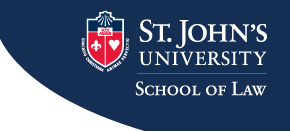Article Title
Document Type
Symposium
Abstract
(Excerpt)
I was a teenager in the 1980s, and I was raised in evangelical Christian circles through which I was encouraged to listen to “Christian” rock music, not secular, which sometimes gave rise to some casuistic line drawing:
• Does U2 count as Christian? Yes, because of that line in Sunday Bloody Sunday about the victory Jesus won!
• How about Bob Dylan? Yes, but only during his three-album “born again” period!
• Amy Grant? Definitely, but even after she crossed over into the secular Top 40?
• Does the song need to mention Jesus? What if it mentions Jesus but also has a swear word?
One of the things that I found refreshing about being Catholic is less preoccupation with line drawing, with the “in or out” question, at least when it came to matters of cultural engagement. In Catholic circles, I’ve never heard someone justify or condemn listening to Bruce Springsteen based on whether he can be considered a Catholic singer. He’s a great singer, and his lyrics convey powerful truths about the human condition. That he was raised Catholic has shaped his art, no question, but isolating what precisely is “Catholic” about him—or how his “Catholic-ness” makes him different from all non-Catholic artists—would be an odd line of inquiry. We take him as he is in a holistic encounter with his contribution to the true, the good, and the beautiful.
